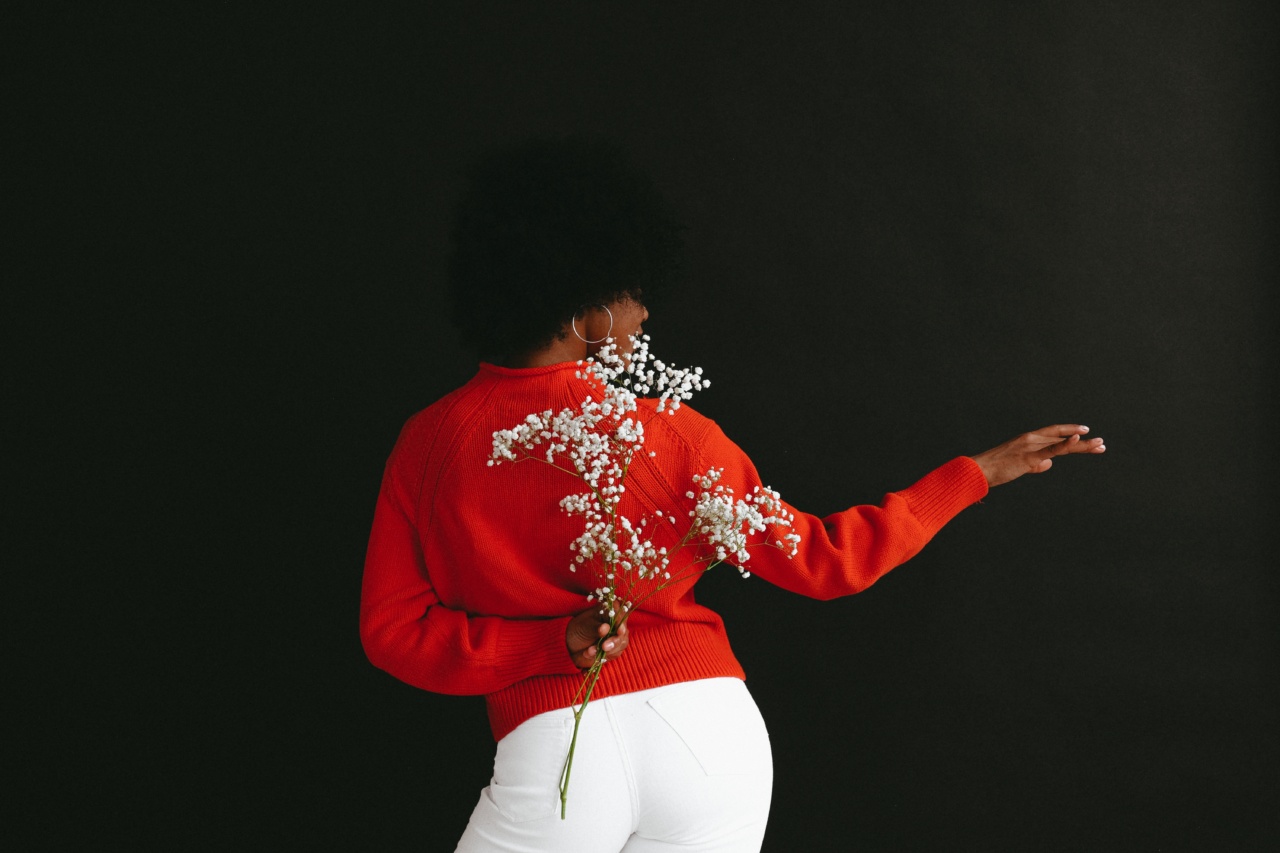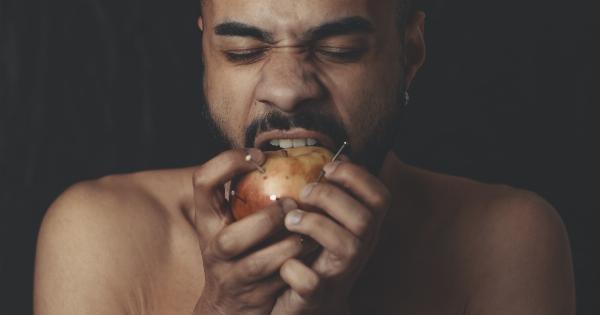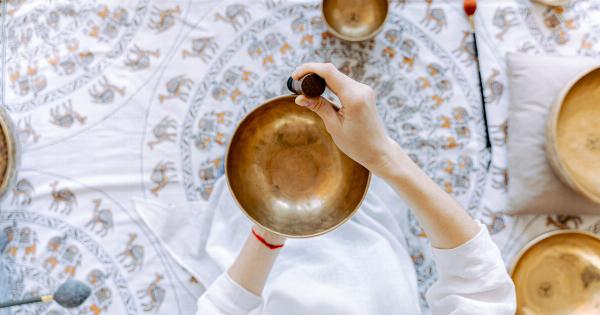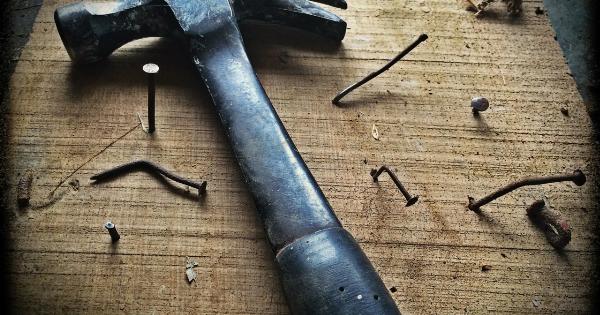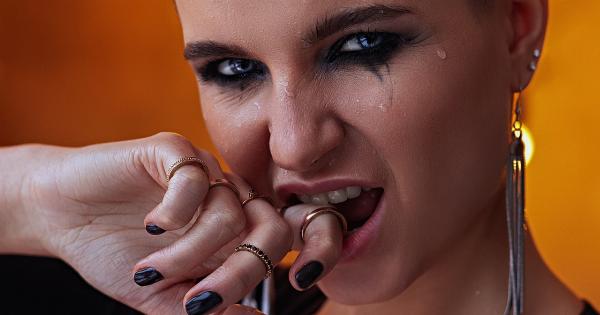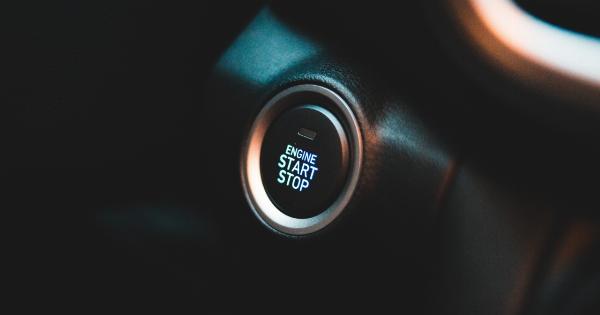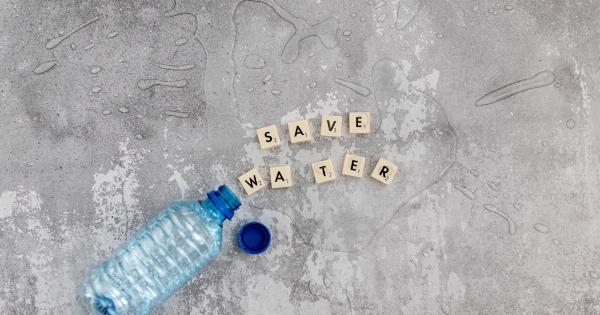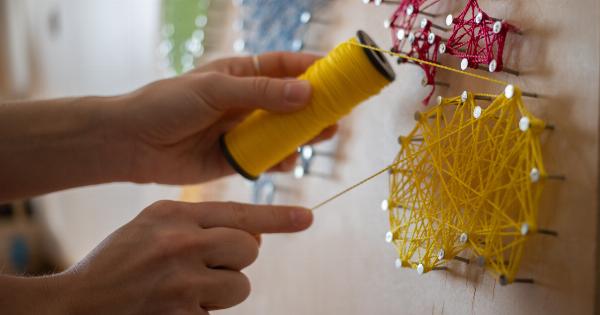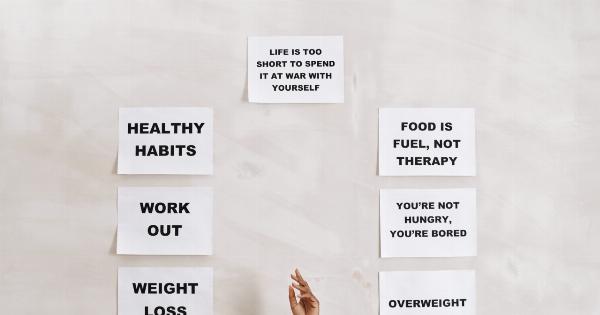Nail-biting is a bad habit that troubles millions of people around the world. It can start in childhood or adolescence and continue into adulthood. Nail-biting is more than just an unsightly habit, it can also lead to serious health problems.
In this article, we will explore the reasons behind this bad habit and how it can be treated.
Reasons for nail-biting
There are different reasons why people bite their nails. Some people do it out of boredom, anxiety, or stress. Others do it as a reaction to a certain situation or feeling. The following are some of the common reasons for nail-biting:.
Boredom
Many people bite their nails when they are bored, and they need something to do with their hands. This habit can start from a young age, as children look for ways to occupy themselves.
Nail-biting can become a reflexive behavior, even when there is no boredom present.
Anxiety and stress
Nail-biting can be a reaction to anxiety and stress, as it helps to relieve tension and provide comfort. When a person is anxious or stressed, they may engage in repetitive behaviors to distract themselves.
These behaviors can include hair twirling, tapping, or biting their nails.
Perfectionism
Some people bite their nails because they have a perfectionist personality and want their nails to look perfect. They may bite their nails to smooth out rough edges and remove any imperfections.
The habit may also stem from the desire to keep their hands busy and focused while working or thinking.
Childhood habits
Nail-biting can be a habit that develops during childhood, as a child learns different coping mechanisms to deal with stress and anxiety. The habit may continue into adulthood, even when the stressors are no longer present.
Consequences of nail-biting
Nail-biting is not just an unsightly habit. It can also lead to serious health problems, including infections and damage to the teeth and gums. The following are some of the consequences of nail-biting:.
Infections
When a person bites their nails, they are transferring dirt and bacteria from their fingers to their mouth. This can lead to infections, such as paronychia, which is a skin infection around the nail.
In severe cases, the infection can spread to the bloodstream and lead to sepsis.
Dental problems
Biting your nails can also damage your teeth. It can cause chips, cracks, and wear on the enamel. It can also lead to malocclusion, which is when the teeth do not line up properly, causing jaw pain and headaches.
Skin problems
Constant nail-biting can damage the skin around the nails, making it red, sore, and prone to infections. It can also cause the nail beds to become inflamed and painful.
In severe cases, nail-biting can lead to permanent damage to the nail bed and surrounding skin.
Treatment for nail-biting
Breaking the habit of nail-biting can be challenging, but it is possible. The following are some of the ways to stop nail-biting:.
Identify triggers
Identify the situations or emotions that trigger your nail-biting. Once you know your triggers, you can develop strategies to avoid or manage them.
For example, if you bite your nails when you are stressed, you can try relaxation techniques, such as deep breathing or meditation.
Keep nails short
Keep your nails short so that there is less temptation to bite them. Short nails are also less likely to cause damage if you do bite them.
Use deterrents
Use a bitter-tasting nail polish or a bad-tasting spray to make your nails less appealing to bite. These products contain a bitter flavor that discourages you from biting your nails.
There are also devices you can wear on your fingers to prevent you from biting your nails.
Keep hands busy
Find other ways to keep your hands busy, such as knitting, drawing, or playing with a stress ball. This will distract your hands from biting your nails.
Reward yourself
Reward yourself when you have gone a certain period of time without biting your nails. This can motivate you to continue your efforts to break the habit.
Conclusion
Nail-biting is a common habit that can have serious health consequences. It can be caused by boredom, anxiety, perfectionism, or childhood habits.
To break the habit, it is important to identify triggers, keep nails short, use deterrents, keep hands busy, and reward yourself. With time and effort, it is possible to overcome nail-biting and avoid the health problems associated with it.
